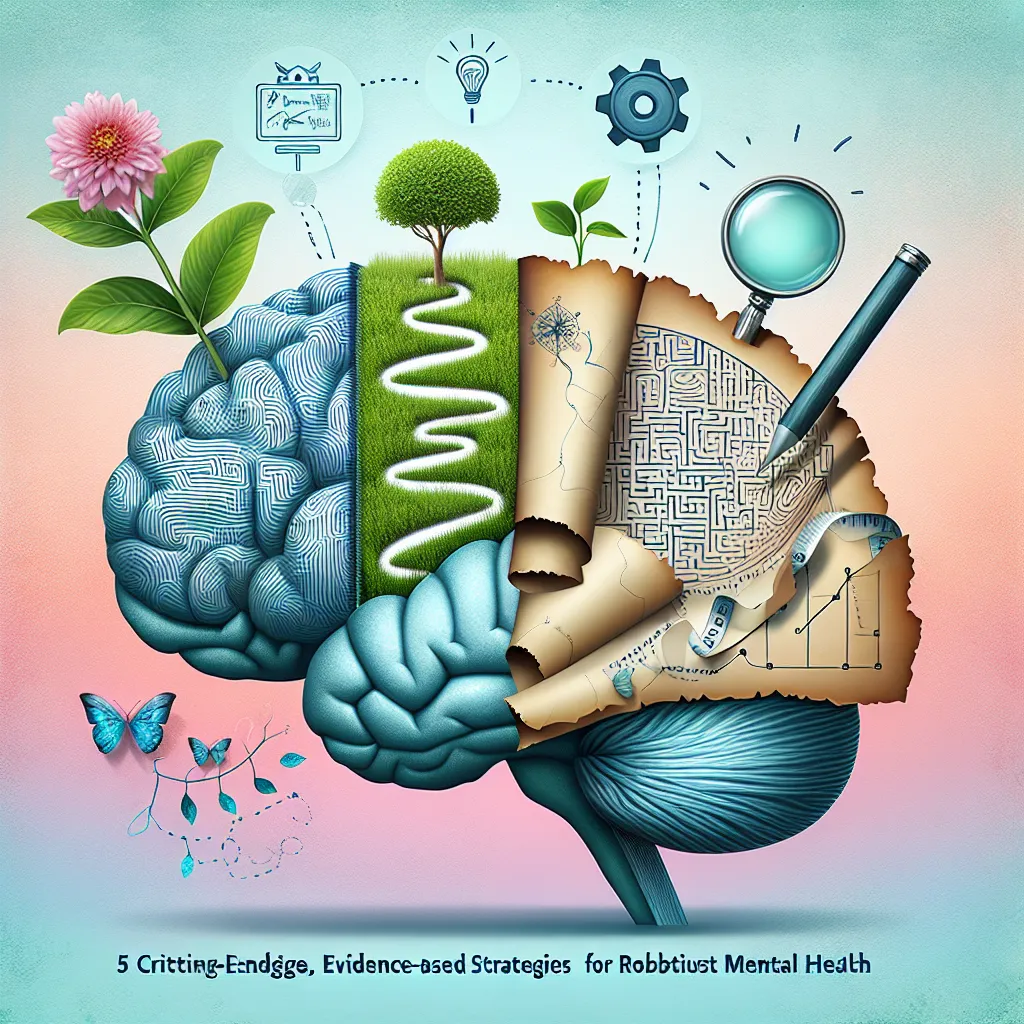1. Mindfulness Meditation
Mindfulness meditation is more than a trend—it's a tool for mental health, backed by extensive research. Regular practice can help reduce anxiety, depression, and stress levels, while boosting cognitive functions and emotional regulation. By focusing on the present moment, mindfulness meditation can help you cultivate a sense of peace and clarity.
2. Regular Exercise
Physical activity is a powerful mood booster. It releases endorphins, the body's natural feel-good chemicals, and helps regulate sleep—essential for mental health. Research shows that even moderate exercise, like a brisk walk, can have a substantial positive impact on your mood and cognitive functions.
3. Healthy Diet
What you eat affects how you feel. A diet rich in fruits, vegetables, lean protein, and whole grains provides the essential nutrients for brain function. Studies suggest that a Mediterranean-style diet, for instance, can help reduce symptoms of depression and anxiety.
4. Social Connections
Humans are social creatures. Maintaining strong, positive relationships can significantly improve your mental well-being. Research indicates that social connections can lower levels of anxiety and depression, boost self-esteem, and provide emotional support during challenging times.
5. Adequate Sleep
Sleep is not a luxury—it's a necessity for mental health. Chronic sleep deprivation can lead to mood disorders, impaired cognition, and increased susceptibility to stress. Prioritizing good sleep hygiene—maintaining a regular sleep schedule, creating a restful environment, and avoiding caffeine and electronics before bed—can greatly improve your mental well-being.
Conclusion
Mental health is integral to living a balanced, fulfilling life. By incorporating these evidence-based strategies into your lifestyle, you can foster resilience, enhance your mood, and unlock the potential of your mind. Remember, it's not about achieving perfection, but progress. As with any change, patience and consistency are key.



